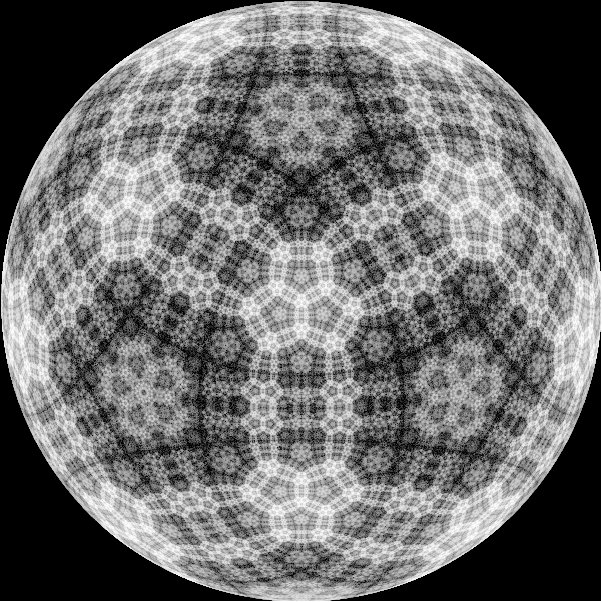
Instructional Materials for Craig White's Literature Courses
|
Comma, semicolon, or period after "however" or "therefore"
(see also run-on sentences, |
  |
Examples of common errors with "however" and "therefore" made by otherwise good writers, administrators, bureaucrats:
Incorrect: He studied very hard, however, he didn't pass the exam. (Or, He studied very hard, however he didn't pass the exam.)
Correct: He studied very hard; however, he didn't pass the exam. (Or, He studied very hard. However, he didn't pass the exam.)
Incorrect: She never received the check, therefore she never cashed it.
Correct: She never received the check; therefore[,] she never cashed it. (comma after "therefore" optional depending on length and sound)
But these alternative versions of the errors are also correct:
He studied very hard, but he didn't pass the exam. Or, He studied very hard but didn't pass the exam.
She never received the check and therefore never cashed it.
Diagnosis: The incorrect examples are "run-on sentences" or "comma splices." The corrected examples provide proper punctuation for sentences or independent clauses joined by a conjunction.
So what's the difference?
All these examples join two independent clauses. An "independent clause" is a part of a sentence that could stand by itself as a separate, free-standing sentence.
Joining two or more independent clauses in a single sentence may be achieved via conjunctions (and, but, or) or adverbial conjunctions (because, since, although, when, as, etc.—see examples at bottom).
"However" and "therefore" (as well as indeed, consequently, nevertheless, thus, whereas, and others) are not conjunctions or adverbial conjunctions.
Instead, "however" and "therefore" are merely adverbs and so cannot serve as conjunctions.
This distinction between adverbs and adverbial conjunctions / conjunctions is proved by the following condition:
A conjunction or an adverbial conjunction must appear at the juncture or joining of two independent clauses or at the start of the first clause.
Examples of adverbial conjunctions:
I continued on my way since the store was closed.
Because the store was closed, I continued on my way.
If you put "since" or "because" elsewhere in the sentence, the syntax would break down and it wouldn't sound like normal English; e.g., The store because was closed, I continued on my way.
In contrast, adverbs like "therefore" or "however" can appear anywhere in the clause.
He studied very hard: however, he didn't pass the exam. > He studied very hard; he didn't, however,pass the exam. > He studied very hard; he didn't pass the exam, however.
However and therefore aren't conjunctions or adverbial conjunctions, which have to appear where two independent clauses meet. Instead, however and therefore are simply adverbs, which can float and relocate freely nearly anywhere in the clause they modify.
Additional examples:
Incorrect: In the book of “Revelations” the end of the world is sketched out over many a millennium, however, one very important statement was given at the beginning of the book: “Blessed is he that readeth, and they that hear the words of this prophecy, and keep those things which are written therein” (Revelations 1:3).
Everything after "however" is correct, but the error that happens before "however" creates the type of error called a "run-on sentence" or a "comma splice."
Correct: In the book of “Revelations” the end of the world is sketched out over many a millennium; however, one very important statement was given at the beginning of the book: “Blessed is he that readeth, and they that hear the words of this prophecy, and keep those things which are written therein” (Revelations 1:3).
Incorrect: What I did not expect was a course on prophesy, science fiction and fantasy, however, this course proved to be much more interesting as well as thought provoking, to my profound relief, than anything I thought I could imagine.
Correct: What I did not expect was a course on prophesy, science fiction and fantasy; however, this course proved to be much more interesting as well as thought provoking, to my profound relief, than anything I thought I could imagine.
Incorrect: They couldn't make it to the summit and back before dark, therefore they decided to camp for the night.
Correct: They couldn't make it to the summit and back before dark; therefore, they decided to camp for the night.
Exceptions: The shorter the sentence, the more obnoxious the semicolon becomes.
Example: I think, therefore I am. (Descartes)
More Examples of Adverbial Conjunctions:
"Although the world is full of suffering, it is full
also of the overcoming of it." (Helen Keller)
"When I was coming up, I practiced
all the time because I thought if I didn't I couldn't do my best." (Herbie
Hancock)
Once you learn "sometimes a comma and sometimes a semicolon" (or a period) with "however" and "therefore," you learn to apply this practice to similar adverbs like indeed, consequently, nevertheless, thus, and whereas.
Why the difference matters:
This has been a very dry summer, therefore, the supply of water in the
reservoirs is low.
Examples from recent Advanced Writing essays:
The fact of the matter is that death isn't pretty, however, lethal injections performed in quiet, sterile rooms in front of a few witnesses and far from public view tend to whitewash the gruesomeness and horror of death.
Just as some writing students mistakenly learn "the rule" that a colon always goes before a list, so some students will mistakenly think that, wherever a "however" or "therefore" appears, one needs a semicolon, but not true.
Example of correct use of "however" without any need for a semicolon.
Correct: I listened to all you said, however, without thinking it necessary to reply.
